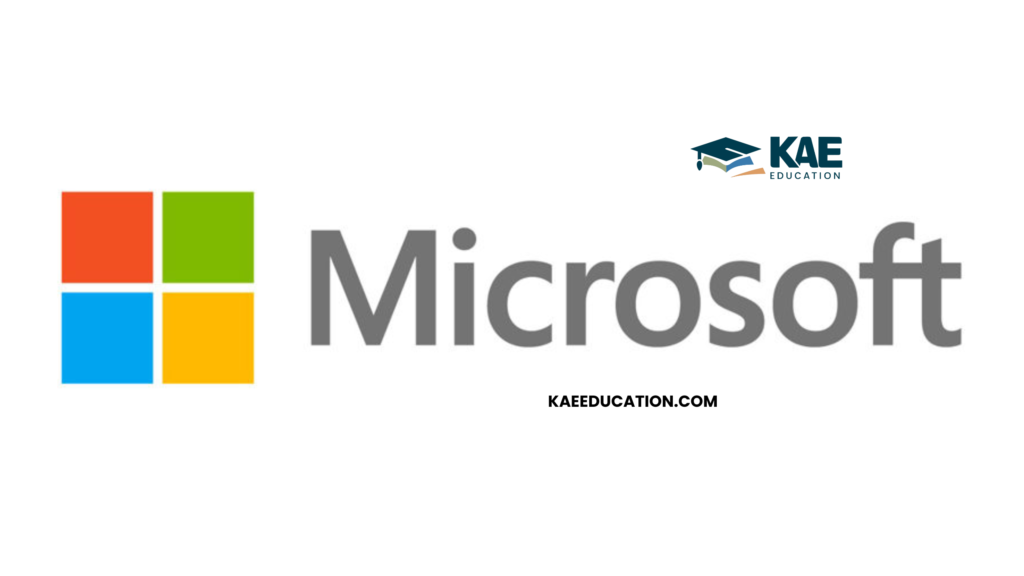AI-Powered Growth: Microsoft’s Impact on Global Industries
AI technology is rapidly transforming Global Industries, and Microsoft is at the forefront of this revolution. With its innovative AI solutions, the company is reshaping how Businesses operate, enhancing productivity, and driving economic growth. This blog explores Microsoft’s impact on various sectors, the future demand for AI, and the expected growth by 2025.
The Power of AI in Global Industries
Artificial Intelligence (AI) is more than just a catchphrase; it is a force that is revolutionizing a number of Industries. Microsoft’s AI technologies are being leveraged by over 85% of Fortune 500 companies, showcasing the widespread adoption and trust in these tools. Here are some key areas where Microsoft is making a significant impact:
(1) Healthcare: AI is helping researchers accelerate drug discovery and improve patient outcomes through predictive analytics.
(2) Manufacturing: Smart factories powered by AI enhance operational efficiency and reduce waste.
(3) Retail: Personalized shopping experiences are created through AI-driven insights into consumer behavior.
(4) Finance: AI algorithms streamline operations, detect fraud, and offer personalized financial advice.
Key Benefits of AI Adoption
(1) Increased Productivity: Businesses report a 3.7x return on investment from generative AI initiatives.
(2) Enhanced Decision-Making: AI tools analyze vast data sets to provide actionable insights.
(3) Cost Efficiency: Automation of routine tasks leads to significant savings in operational costs.
(4) Innovation Acceleration: Companies can bring products to market faster with AI-driven development processes.

Future Demand and Growth in 2025
The demand for AI technologies is expected to surge significantly by 2025. According to Industry forecasts, worldwide spending on AI could reach USD 632 billion by 2028. This growth will be driven by several factors:
(1) Increased Automation: As Businesses seek to automate repetitive tasks, AI will become integral to operational strategies.
(2) Data-Driven Decision Making: Organizations will increasingly rely on AI for insights that inform strategic decisions.
(3) Sustainability Initiatives: Companies will leverage AI to enhance sustainability efforts and reduce their carbon footprints.
Conclusion
Microsoft’s commitment to harnessing the power of AI is reshaping global Industries and driving significant economic growth. As we look toward 2025, the demand for innovative AI solutions will continue to rise, paving the way for a future where Businesses can operate more efficiently and sustainably. Embracing these technologies not only enhances productivity but also positions organizations for success in an increasingly competitive landscape.
By leveraging Microsoft’s advanced AI capabilities, Industries can unlock new opportunities for growth, ensuring they remain at the cutting edge of innovation in the years to come.
FAQs about Microsoft's Impact on Global Industries
What role does Microsoft play in the global adoption of AI?
Microsoft provides advanced AI solutions that empower Businesses across various sectors to enhance their operations and drive growth.
How many companies are using Microsoft’s AI technologies?
Over 85% of Fortune 500 companies are utilizing Microsoft’s AI solutions.
What are some real-world applications of Microsoft’s AI?
Applications include predictive analytics in Healthcare, Smart manufacturing processes, and Personalized retail experiences.
What is the expected growth in AI spending by 2025?
Worldwide spending on AI is projected to reach USD 632 billion by 2028.
How does AI improve productivity?
By automating routine tasks, employees can focus on more complex and creative work, significantly boosting overall productivity.
What Industries are most impacted by Microsoft’s AI solutions?
Key Industries include Healthcare, Manufacturing, Retail, Finance, and Public services.
What benefits do Businesses see from adopting AI technologies?
Businesses experience increased productivity, cost savings, improved decision-making, and accelerated innovation.

